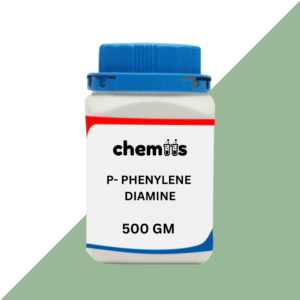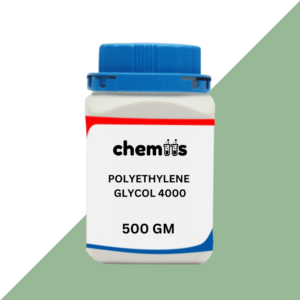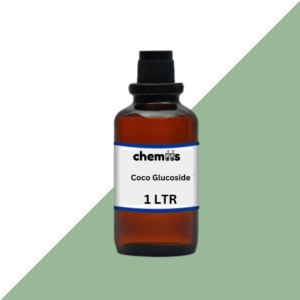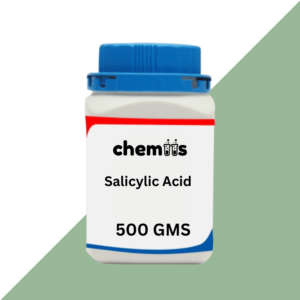Polyethylene Glycol (PEG) is a water-soluble polymer with versatile applications across industries, including pharmaceuticals, cosmetics, and manufacturing. Available in various molecular weights, PEG is known for its hydrophilic properties, biocompatibility, and lubricating qualities, making it a widely used ingredient in multiple formulations and processes.
Applications
1. Pharmaceutical Industry
PEG is extensively used as an excipient and base in pharmaceutical formulations.
Uses:
- Base for ointments, creams, and suppositories
- Binder and lubricant in tablet formulations
- Drug delivery systems, enhancing solubility and bioavailability
Benefits:
- Safe for use in medicinal products
- Excellent solvent and carrier properties
- Enhances the stability of active pharmaceutical ingredients (APIs)
2. Cosmetic and Personal Care Products
PEG serves as a key ingredient in skincare, haircare, and other personal care formulations.
Uses:
- Moisturizers and lotions for hydration
- Hair conditioners for smoothness and manageability
- Thickening agent in toothpaste and gels
Benefits:
- Provides a smooth, non-greasy texture
- Helps retain moisture in skin and hair products
- Non-irritating, making it suitable for sensitive skin
3. Industrial Applications
PEG is a versatile component in various industrial processes.
Uses:
- Lubricants in machinery and tools
- Anti-static agent in packaging materials
- Plasticizer in polymer production
Benefits:
- Improves process efficiency due to its lubricating properties
- Enhances material flexibility and durability
- Widely used due to its compatibility with other materials
4. Food Industry
In food applications, PEG is used as a processing aid.
Uses:
- Food-grade lubricants for equipment
- Coating agent for pills and capsules in supplements
Benefits:
- Safe for consumption when used as directed
- Non-toxic and easily metabolized
Safety and Handling
Safety Precautions
Polyethylene Glycol is generally regarded as safe (GRAS) but requires careful handling in concentrated forms.
- Personal Protective Equipment (PPE): Wear gloves, goggles, and protective clothing during handling.
- Ventilation: Use in a well-ventilated area to avoid inhaling vapors, especially for low molecular weight PEGs.
- Avoid Direct Contact: Prolonged exposure to skin or eyes may cause mild irritation.
First Aid Measures
- Skin Contact: Rinse with soap and water. Seek medical advice for persistent irritation.
- Eye Contact: Flush eyes with water for at least 15 minutes. Consult a physician if discomfort persists.
- Inhalation: Move to fresh air. Seek medical attention if symptoms like dizziness or breathing difficulties occur.
- Ingestion: Rinse mouth and seek medical advice. Do not induce vomiting unless directed by a healthcare professional.
Storage Guidelines
- Store PEG in a cool, dry place, away from direct sunlight and heat sources.
- Keep containers tightly sealed to prevent contamination.
- Avoid contact with strong oxidizing agents.
Environmental Considerations
Polyethylene Glycol is biodegradable, but disposal should comply with local regulations. Avoid releasing large quantities into waterways.








Sheetal Mehrotra (verified owner) –
Quick and safe delivery.
Atul Chauhan (verified owner) –
Efficient and reliable.
Isha Roy (verified owner) –
Neat and secure packaging.
Sandeep Nair (verified owner) –
Worth every rupee.
Reema Das (verified owner) –
Bulk order handled perfectly.
Simran Gill (verified owner) –
Product arrived on time.
Sneha Iyer (verified owner) –
Super smooth process.
Aman Sheikh (verified owner) –
Reliable supplier.
Yash Chatterjee (verified owner) –
Neatly packed items.
Uday Thakur (verified owner) –
Quick and safe delivery.